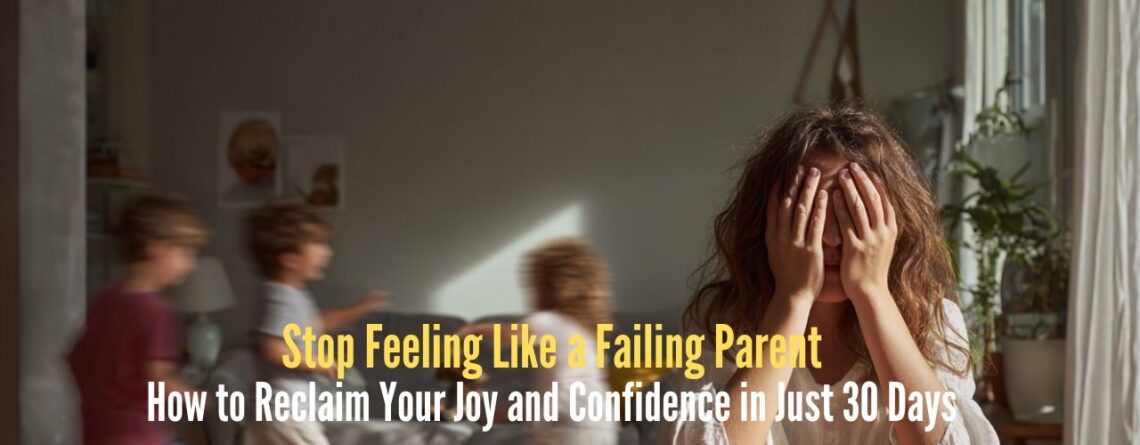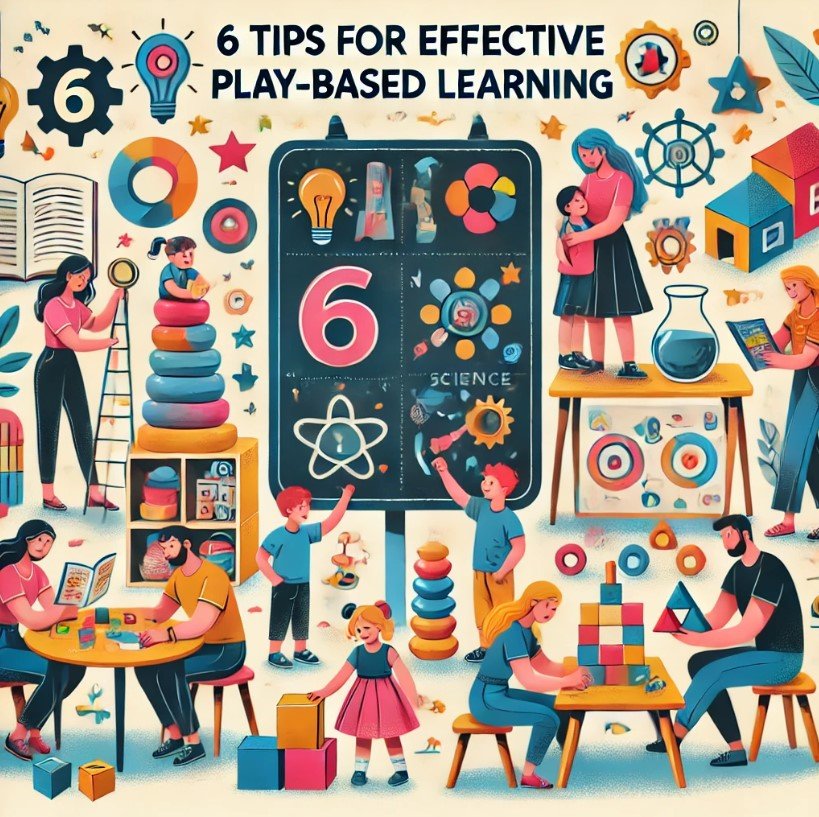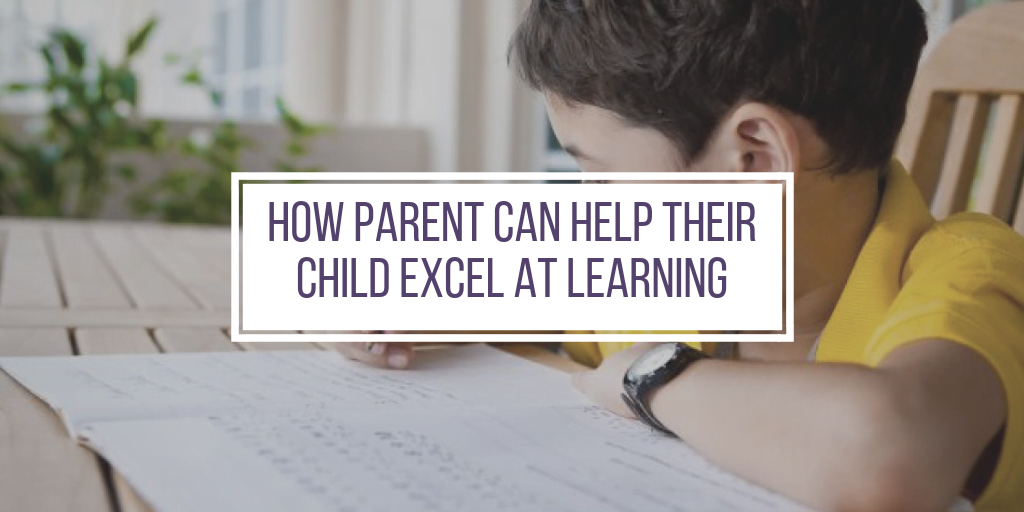Stop Feeling Like a Failing Parent: How to Reclaim Your Joy and Confidence in Just 30 Days
You’re Not Broken – You’re Just Overwhelmed
Do you ever look at other parents and wonder how they make it look so easy?
Here’s a shocking truth: 73% of parents report feeling overwhelmed daily, and you’re definitely not alone in questioning whether you’re doing this whole parenting thing right. But what if I told you that in just 30 days, you could transform from feeling like you’re barely surviving to actually thriving as a parent?
The secret isn’t becoming perfect – it’s learning to take care of yourself first.
Why Your Well-Being Isn’t Selfish (It’s Essential)
You can’t pour from an empty cup.
When you’re running on fumes, everything feels harder. Your patience runs thin, small problems feel massive, and you start believing you’re failing your children. But here’s what changes everything: when you prioritize your well-being, you don’t just feel better – you become the parent your children deserve.
The Body-Mind Connection That Changes Everything
Your physical health directly impacts your parenting abilities. When you’re exhausted and stressed, you’re more likely to:
- Snap at your children over minor issues
- Feel guilty about your parenting choices
- Compare yourself negatively to other parents
Move more, sleep better, parent easier. Even 15 minutes of daily movement can boost your mood and energy levels significantly.
How to Manage Your Emotions (Without Suppressing Them)
Stop trying to be the “perfect” parent who never gets frustrated.
Your emotions are valid, and pretending they don’t exist won’t make you a better parent. Instead, try these game-changing strategies:
The Mindfulness Advantage
- Take three deep breaths before responding to challenging behavior
- Notice your thoughts without judging them
- Ask yourself: “What else could this situation mean?”
The Reframe Technique
When your child has a meltdown in public, instead of thinking “Everyone thinks I’m a terrible parent,” try: “My child is having a hard time and needs my support.”
Because your perspective shapes your reality.
Your Childhood Doesn’t Define Your Parenting
Did you have a difficult childhood? You’re not doomed to repeat those patterns.
Here’s what you can do today:
- Write down three ways you’re different from your parents
- Identify one strength you want to pass on to your children
- Remember: you have the power to break negative cycles
The Self-Compassion Game-Changer
Use “I feel” instead of “I am” when describing difficult emotions. Say “I feel overwhelmed” instead of “I am a mess.” This simple language shift reminds you that feelings are temporary, not permanent states.
Create Bulletproof Boundaries Between Work and Home
Your work stress doesn’t have to become family stress.
If you work from home, these strategies will transform your daily routine:
- Create a dedicated workspace (even if it’s just a corner)
- Tell your children specific times when interruptions are okay
- Take regular breaks to reset your energy
- Stop checking emails after work hours
The Commute Reset Ritual
Whether you drive five minutes or take an hour-long train ride, use your commute to mentally transition:
- On the way to work: Set intentions for your day
- On the way home: Leave work stress behind and focus on family time
Stop the Comparison Trap (Especially on Social Media)
Everyone else isn’t doing better than you – they’re just showing their highlight reel.
Social media shows you carefully curated moments, not the full reality of parenting. When you find yourself comparing, remember:
- That perfect playdate photo doesn’t show the three tantrums that happened beforehand
- The organized playroom wasn’t photographed after the tornado of toys hit it
- Every parent struggles, even if they don’t post about it
Transform Family Time Into Connection Time
Quality beats quantity every single time.
You don’t need elaborate activities to strengthen your bond with your children. These simple strategies create lasting memories:
- Put your phone away during family meals
- Ask open-ended questions about their day
- Play their favorite game for 10 minutes with full attention
- Share one thing you’re grateful for each day
The Power of Being Real With Your Kids
Don’t hide all your emotions from your children. When age-appropriate, sharing your feelings teaches them:
- It’s normal to have difficult emotions
- Adults can work through problems
- Family members support each other
If you’re feeling sad, you might say: “I’m feeling a bit sad today, but spending time with you always makes me feel better.”
Partnership That Actually Works
If you have a partner, your relationship affects your entire family’s well-being.
Win-win strategies that strengthen your partnership:
- Divide childcare responsibilities fairly
- Support each other’s parenting decisions in front of the children
- Schedule regular check-ins about family logistics
- Express appreciation for each other daily
The Fair Share Formula
If one parent does significantly more childcare, resentment builds quickly. Sit down together and:
- List all childcare and household tasks
- Discuss each person’s work schedule and constraints
- Divide responsibilities based on availability and preferences
- Revisit the arrangement monthly
Your Secret Parenting Superpower: Your Unique Strengths
Stop trying to parent like everyone else and start parenting like you.
You have strengths that make you uniquely qualified to parent your specific children. Maybe you’re:
- Naturally patient and calm
- Creative and fun-loving
- Organized and reliable
- Empathetic and understanding
Identify your top three parenting strengths and use them more intentionally each day.
When Behavior Challenges Feel Overwhelming
Your child isn’t giving you a hard time – they’re having a hard time.
Instead of feeling frustrated by difficult behavior, work with your child to improve it:
- Set clear, consistent expectations
- Praise positive behavior immediately
- Use natural consequences when possible
- Stay calm during challenging moments (easier said than done, but practice helps!)
The Journal That Changes Everything
Writing helps you process difficult emotions and recognize patterns.
Try keeping a simple parenting journal:
- What triggered your stress today?
- How did you respond?
- What would you do differently next time?
- What went well today?
This isn’t about being perfect – it’s about becoming more aware and intentional.
You’re Already the Expert on Your Child
Stop second-guessing yourself constantly.
Yes, parenting skills can be learned, but you already know your child better than anyone else. You know:
- What makes them laugh
- How they show affection
- What they need when they’re upset
- Their unique personality and quirks
Trust your instincts because they’re usually right.
Your 30-Day Transformation Starts Now
You don’t have to implement every strategy at once. Start with these three simple steps:
- Choose one self-care habit (more sleep, daily walks, or five minutes of mindfulness)
- Set one boundary (no work emails after 7 PM or a dedicated workspace)
- Practice one reframe (when you feel frustrated, ask “What else could this mean?”)
Remember: small changes create big results when you’re consistent. You don’t need to become a completely different person overnight – you just need to start taking better care of the amazing parent you already are.
Because when you thrive, your children thrive too.
Your journey to confident, joyful parenting starts with one small step today.
Ready to transform your parenting experience? Start with just one tip that resonated most with you. Your future self (and your children) will thank you for taking this first brave step toward becoming the parent you were meant to be.
What’s the first small change you’ll make today? Your parenting transformation is just one decision away.













LEAVE A COMMENT